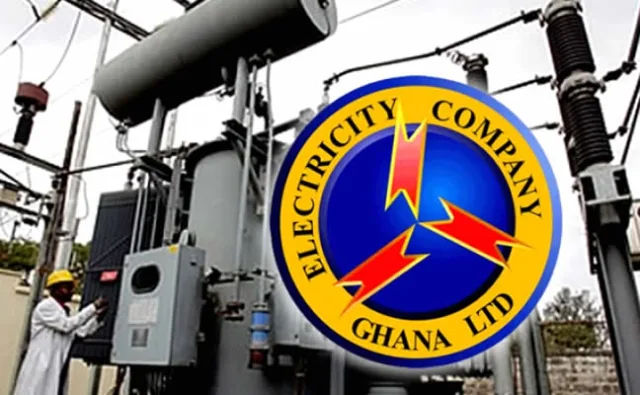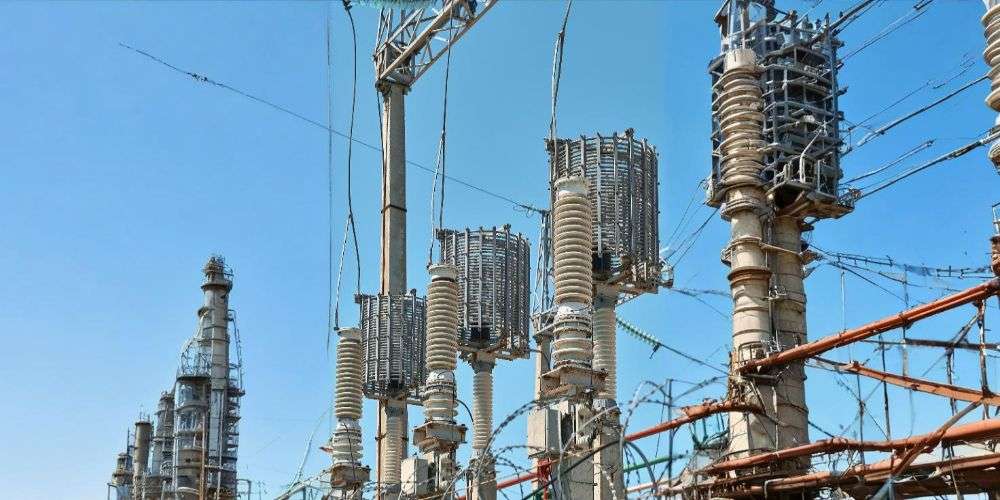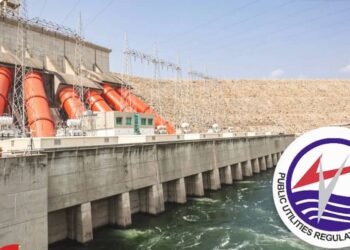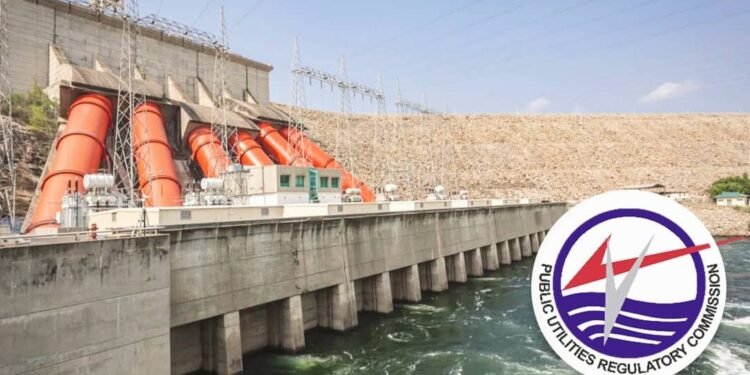The Government of Ghana has reaffirmed its position that the Electricity Company of Ghana (ECG) is not for sale. However, rising losses and persistent inefficiencies in the power distribution sector are pushing the administration to consider a concession-based model as a potential solution.
At a recent engagement, the Energy Minister, John Jinapor indicated a possible shift in ECG’s management structure. This proposal, currently under stakeholder review, aims to inject private sector efficiency into public utility operations—without relinquishing ownership.
Support for the proposal has grown, particularly among energy sector experts. Benjamin Nsiah, Executive Director of the Center for Environmental Management and Sustainable Energy, told Vaultz News that the proposal deserves commendation.
Mr. Nsiah believes Ghana can move toward a concession model—but only under stringent conditions. “There are three key factors we must weigh,” he emphasized.
First, Mr. Nsiah noted that the concessionaire must have the financial muscle to inject liquidity and modernize infrastructure. “Without that, we’re just shifting the same problems to a different manager,” he added”
Second, he stressed the role of regulators. “The PURC must be empowered and independent to prevent the concessionaire from focusing solely on profit while neglecting service delivery,” he warned.
Lastly, Nsiah called for macroeconomic stability, especially in exchange rates, noting that tariffs are often pegged to historical exchange data.
“A volatile cedi will trigger demands for higher tariffs, fueling public unrest. Stabilizing the currency is as critical as reforming ECG.”
Benjamin Nsiah, Executive Director of the Center for Environmental Management and Sustainable Energy

This policy shift is being driven by dire financial realities. According to data presented by the Ministry of Finance and the 2024 budget report, ECG’s losses have reached critical levels.
In 2023 alone, the utility recorded a staggering GHS 10.2 billion loss—the largest in over a decade. Over the past 11 years, ECG has reported profits only twice—2016 and 2020.
Losses have spiked dramatically from GHS 1.45 billion in 2021 to over GHS 10 billion in 2023, a jump largely attributed to forex fluctuations and non-payment of bills by government institutions.
With total liabilities now exceeding GHS 68 billion, ECG owes independent power producers (IPPs) alone $1.7 billion—a threat to national power supply, given recent warnings from key suppliers like Karpowership about potential power cuts due to non-payment.
Moreover, the first quarter of 2025 reveals the crisis is ongoing: ECG collected GHS 2.14 billion in revenue but spent 69% of that paying IPPs and gas suppliers like WAPCo.
Regulatory benchmarks expect monthly revenues of GHS 2.5 billion, which ECG continues to miss.
Learning from ECG‘s Past Failures

The government’s pivot to a concession model recalls the failed Power Distribution Services (PDS) deal, which ended in scandal in 2019. Mr. Nsiah described the PDS episode as a “test case” from which policymakers must learn.
“The PDS agreement collapsed because of faulty guarantees and the company’s failure to inject its own liquidity.
“Instead of investing capital, PDS used revenues collected from ECG operations as working capital. That was unacceptable.”
Benjamin Nsiah, Executive Director of the Center for Environmental Management and Sustainable Energy
He advised that any future concession must clearly define capital injection obligations and performance expectations.
“We must avoid another PDS. The lessons are there—several papers have been written about it. Let’s not repeat old mistakes.”
Benjamin Nsiah, Executive Director of the Center for Environmental Management and Sustainable Energy
Beyond ECG, Mr. Nsiah suggested that discussions should include the Northern Electricity Distribution Company (NEDCo), which faces similar challenges.
He argued that a zonal, multi-lease concession model might be more beneficial than handing the entire ECG network to one operator.
“In Nigeria, power distribution was zoned to promote competition.
“If we merge ECG and NEDCo into a single entity and then lease operations across competitive zones, we can drive innovation, efficiency, and accountability.”
Benjamin Nsiah, Executive Director of the Center for Environmental Management and Sustainable Energy
However, he warned against political interference, which he identified as a persistent threat to effective utility management.

“Political meddling in procurement and recruitment has undermined operations.
“In some cases, ECG and NEDCo employ one staff member per 500 customers, while in other countries, the ratio is one staff to 3,000 customers.”
Benjamin Nsiah, Executive Director of the Center for Environmental Management and Sustainable Energy
Some argue that instead of involving private players, the government should focus on strengthening regulatory institutions and removing politics from utility governance. Mr. Nsiah acknowledged the merit in this view but remains skeptical about its practicality.
“In Ghana’s context, political interference is hard to eliminate.
“Yes, we need to strengthen regulators, but privatization—done right—can help insulate operations from politics.”
Benjamin Nsiah, Executive Director of the Center for Environmental Management and Sustainable Energy
He maintained that the concession model should be seen as a tool to enforce discipline, not just a financial arrangement.
“The goal isn’t just to make money—it’s to make ECG and the broader power distribution sector more efficient, sustainable, and service-oriented.”
Benjamin Nsiah, Executive Director of the Center for Environmental Management and Sustainable Energy
The government’s concession proposal remains in its early stages, with consultations ongoing.
For now, ECG remains under state ownership. But if reforms lag and losses deepen, the pressure to adopt a private-public model—whether through concession, multi-leasing, or other hybrid arrangements—will only intensify.
The conversation around ECG’s future is evolving, but one thing is clear: maintaining the status quo is not a viable option.
READ ALSO: Mahama Promises Revamp of Tema Oil Refinery Through PPP



















